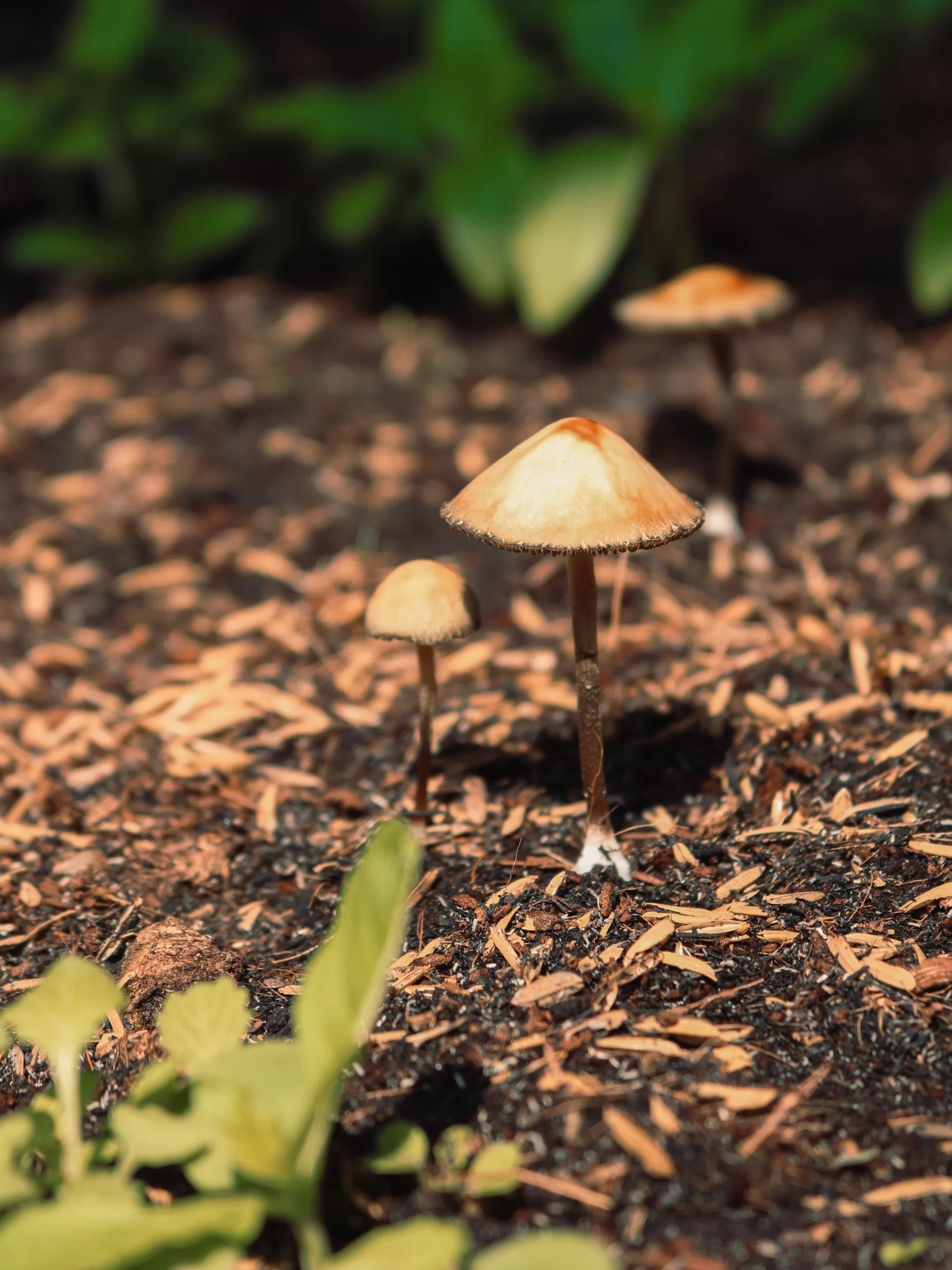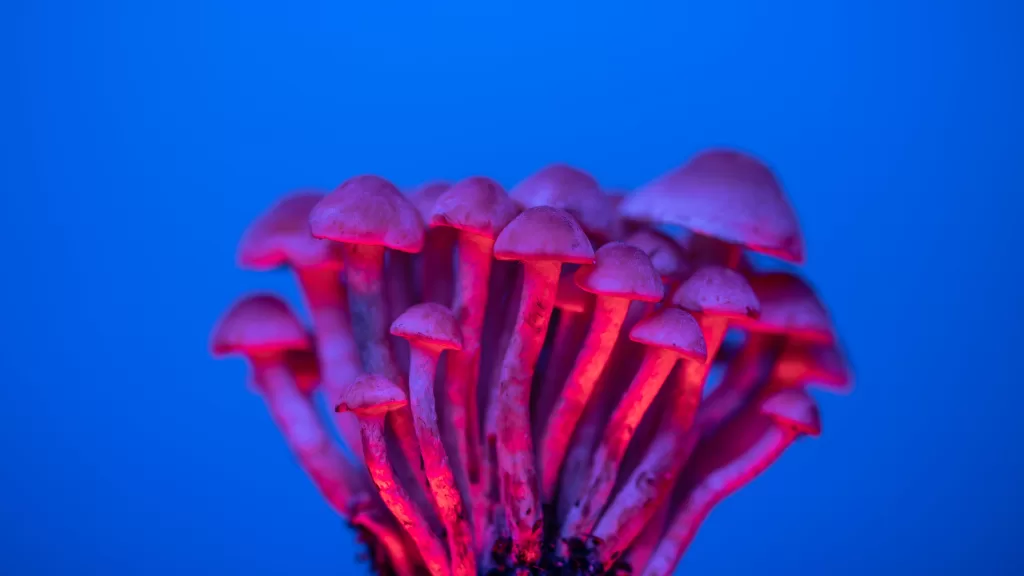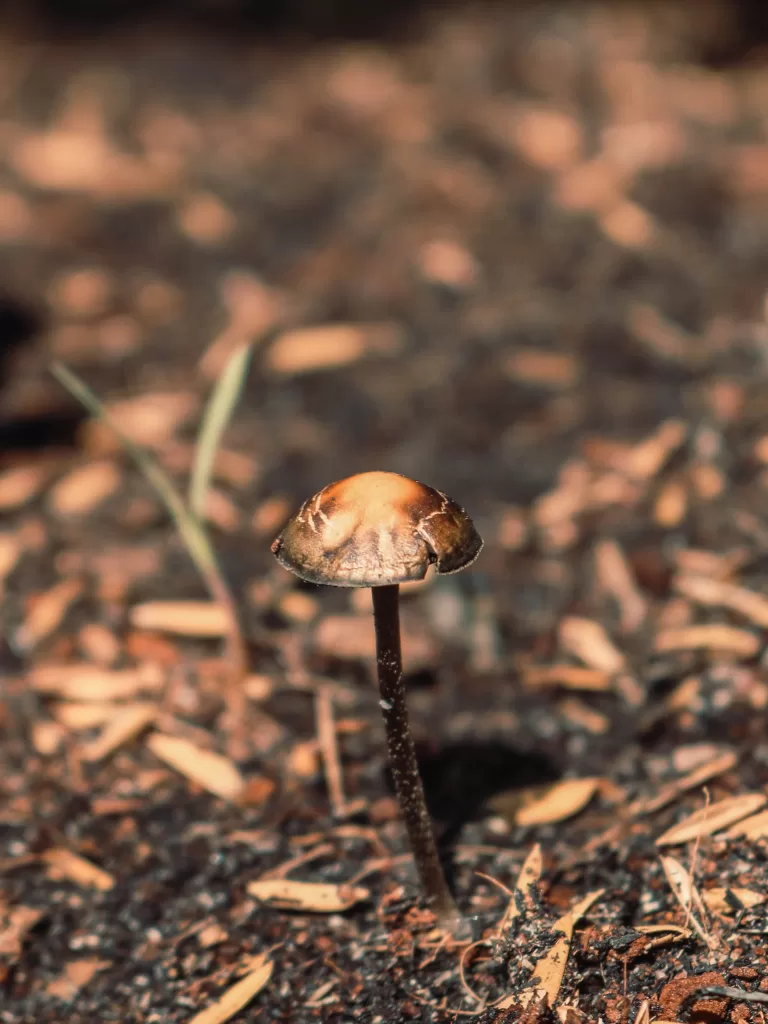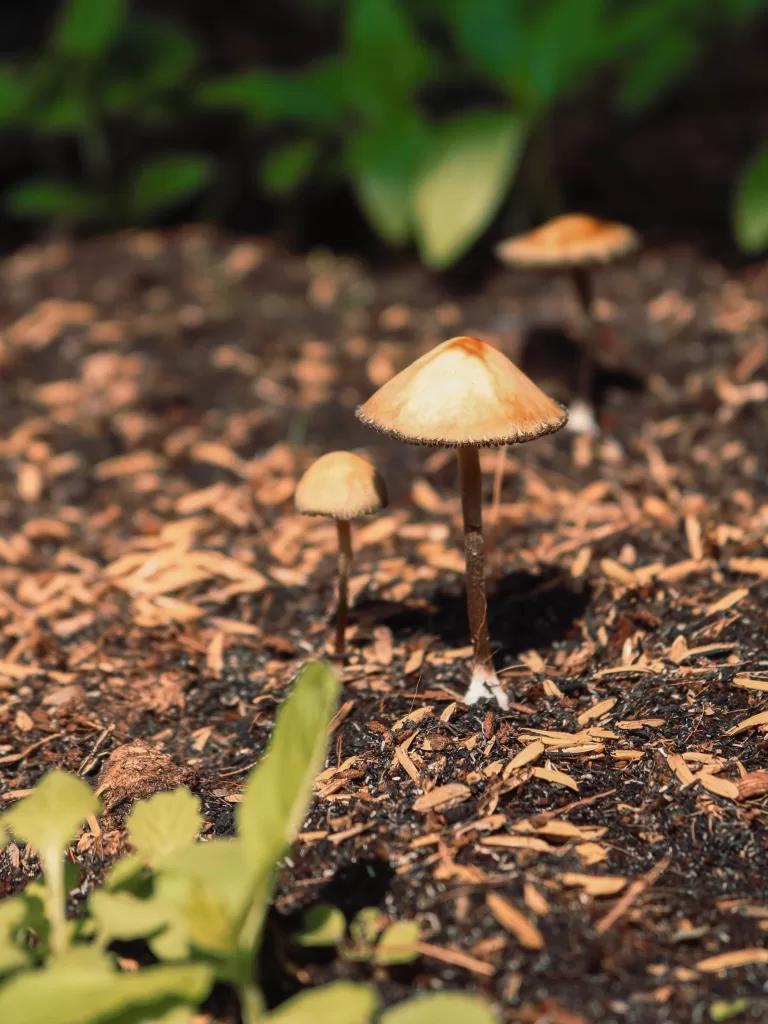Discover How Psilocybin Might Alleviate Your Pain
A growing interest has emerged regarding the potential therapeutic benefits of psilocybin, the psychedelic compound found in certain mushrooms.
Emerging research suggests that psilocybin, long associated with recreational use, may have profound effects on alleviating various types of pain.
This post aims to discuss how psilocybin, particularly from dried shrooms online, might offer relief for those seeking alternative solutions to manage pain.
Discover How Psilocybin Might Alleviate Your Pain
What is Psilocybin?
Psilocybin is a naturally occurring psychedelic element found in certain species of mushrooms. These are commonly known as “magic mushrooms” or “shrooms.” These mushrooms have been used for centuries in various cultural and spiritual practices. Recent scientific studies have explored the potential therapeutic effects of psilocybin, including its ability to alleviate physical and emotional pain.
How Psilocybin Works
Psilocybin activates serotonin receptors, mainly in the prefrontal cortex, a brain area influencing mood and perception. Unlike causing vivid hallucinations, it distorts users’ perception of existing objects and people.
The drug’s effects vary based on factors like dosage, past experiences, and expectations. According to the European Monitoring Centre for Drugs and Drug Addiction, hallucinogenic effects start within 30 minutes of ingestion, lasting 4–6 hours. Some individuals may experience altered sensory perception and thought patterns for several days.
Psilocybin mushrooms are small, brown, or tan. In the wild, they might be confused with poisonous mushrooms. People make tea or mix psilocybin with food to hide its bitter taste. Manufacturers crush dried mushrooms into capsules. Some eat them with chocolate for a tastier experience.
Key Benefits of Psilocybin in Pain Management
Psilocybin integrates with serotonin receptors in the brain, particularly the 5-HT2A receptor. This interaction triggers neural events, which leads to altered perception, mood changes, and, potentially, pain relief. The following mechanisms help explain how psilocybin might alleviate pain:
- Analgesic Properties
Psilocybin exhibits analgesic properties, potentially lowering pain perception. It relieves various forms of discomfort by interacting with pain receptors.
- Anti-inflammatory Effects
The anti-inflammatory effects could be important in managing conditions where inflammation contributes to pain, which gives a holistic approach to relief.
- Neuroplasticity Enhancement
Psilocybin has been linked to the enhancement of neuroplasticity, a phenomenon associated with the brain’s ability to reorganize and form new neural connections. It may assist in rewiring pain pathways in the brain by promoting neuroplasticity. This potential effect could offer long-term benefits in managing chronic pain.
- Psychological Impact
Psilocybin’s influence extends beyond physical sensations, addressing underlying psychological issues that may contribute to pain perception. By addressing the root psychological causes of pain, psilocybin may provide a more comprehensive approach to pain management that could lead to sustained relief.
Dried Shrooms
When considering psilocybin for pain relief, you must choose the right product. Dried shrooms are popular for their convenience, longer shelf life, and ease of dosing. Here are some key factors to consider when selecting dried shrooms:
- Strain Selection
Different strains of magic mushrooms contain varying levels of psilocybin. Strains like Psilocybe cubensis and Psilocybe semilanceata are commonly used for their potent psilocybin content.
- Dosage Guidelines
Dosing is important for a positive experience and effective pain relief. Start with a low average dose (1-2 grams) and gradually increase based on individual tolerance.
- Purchase from Reputable Sources
Ensure that the dried shrooms are sourced from reputable suppliers. Quality control and proper cultivation techniques are necessary for a safe and effective product.
Potential Risks and Considerations
While the therapeutic potential of psilocybin is quite promising, it’s important to acknowledge potential risks and considerations:
- Responses to psilocybin vary widely. Individual factors such as mental health, medical history, and dosage play a role.
- The environment in which psilocybin is consumed greatly influences the experience. Ensure a comfortable and safe setting.
- Nausea, anxiety, and hallucinations are possible side effects. These are usually mild but can vary among individuals.
Abuse Potential
Research on the abuse potential of psilocybin indicates that it is not considered physically addictive, and users do not exhibit physical withdrawal symptoms upon discontinuation. Despite the lack of physical dependence, individuals who use psilocybin over an extended period may undergo psychological withdrawal, which makes it challenging to readjust to reality after discontinuation.
Moreover, regular use of psilocybin can lead to tolerance, where the individual may need higher doses to achieve the same effects. Cross-tolerance, a phenomenon where tolerance to one psychedelic substance extends to others, has been observed with psilocybin, LSD, and mescaline.
This suggests that individuals who frequently use these substances might need to wait several days between doses to experience the desired effects fully. Users must be aware of these potential effects and practice responsible and informed use to minimize any risks associated with psilocybin consumption.
Explore the Benefits of Psilocybin
Diving into the world of psilocybin, especially through dried shrooms, as a possible solution for pain relief is an intriguing and growing area in medical science. More research is needed to grasp its effectiveness and develop standard guidelines fully, but early results show positive signs.
For those thinking about using psilocybin for pain management, selecting quality products from reliable online sources is key. As this field of research expands, we expect to understand better how psilocybin and dried shrooms can offer new and effective ways to manage pain.
Frequently Asked Questions
Are there any contraindications for psilocybin use?
Yes, there are several contraindications for psilocybin use, meaning situations or conditions where it should be avoided:
- Mental Health Disorders. Risky for those with a history of psychotic disorders like schizophrenia or bipolar disorder.
- Medication Interactions. Can dangerously interact with medications affecting serotonin levels, like SSRIs and MAOIs.
- Pregnancy and Breastfeeding. Not recommended due to unknown effects on fetal and infant development.
- Heart Conditions. May affect heart rate and blood pressure, posing risks for those with heart issues.
- Severe Anxiety or Panic Disorders. Can worsen symptoms in individuals with severe anxiety or panic disorders.
- Allergic Reactions. Should be avoided by anyone allergic to psilocybin mushrooms.
- Age Restrictions. Not advisable for children or adolescents, as it may impact brain development.
How is psilocybin different from other psychedelics?
Psilocybin mushrooms differ from other psychedelics mainly in their chemical structure, affecting serotonin receptors differently than LSD or DMT. Their effects last about 4 to 6 hours, shorter than LSD but longer than DMT. The psilocybin experience is described as more natural and connected to nature. These mushrooms have a long history in spiritual practices, particularly in indigenous cultures, unlike some other psychedelics.
Can psilocybin be used in combination with other substances?
Mixing magic mushrooms with other drugs, including over-the-counter or prescription medications, can lead to dangerous and unpredictable effects. Combining them with drugs such as ice, speed, or ecstasy can raise the risk of a negative experience.
People on psychiatric medications should especially avoid magic mushrooms, as they can worsen their mental health or trigger a relapse.










